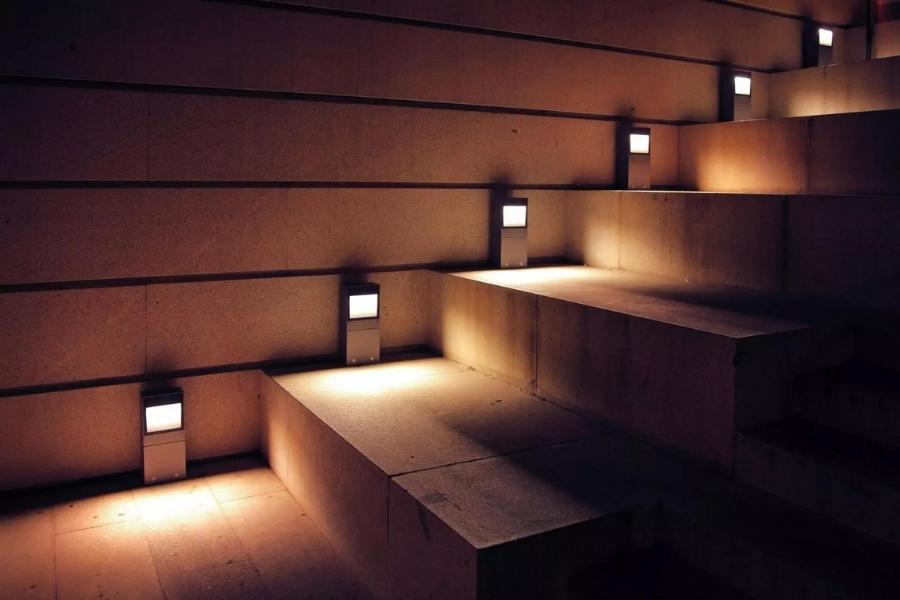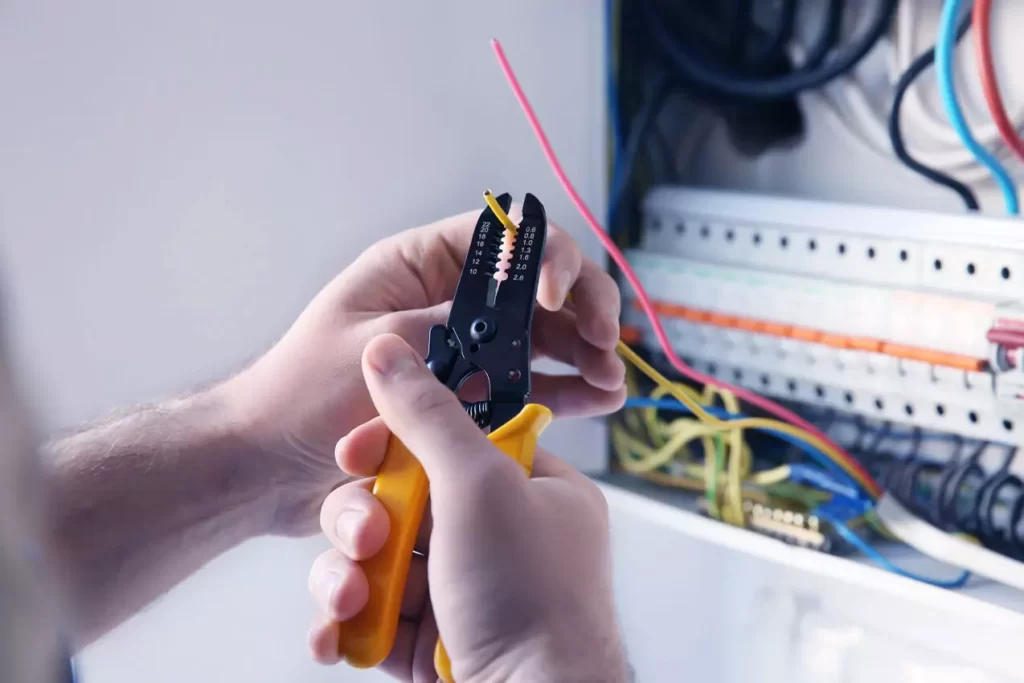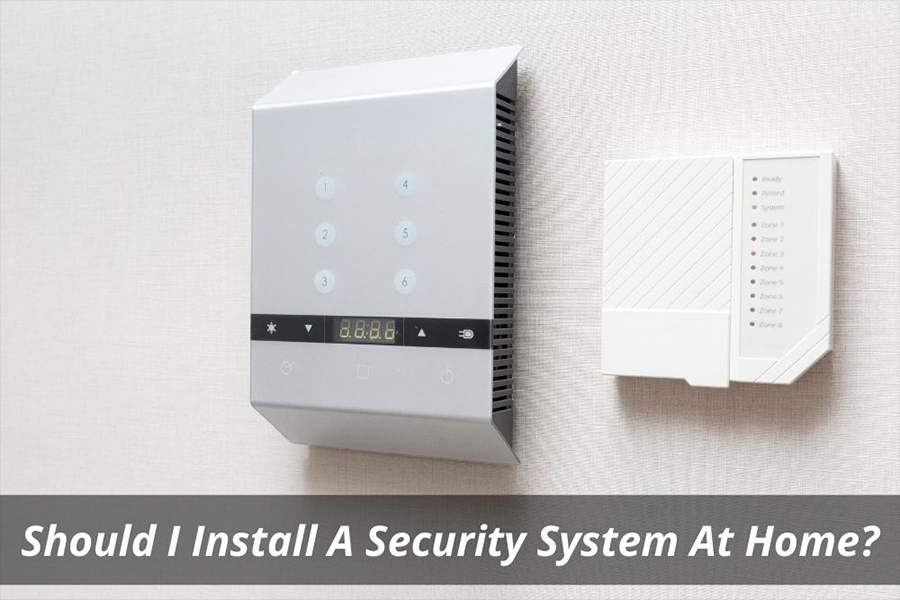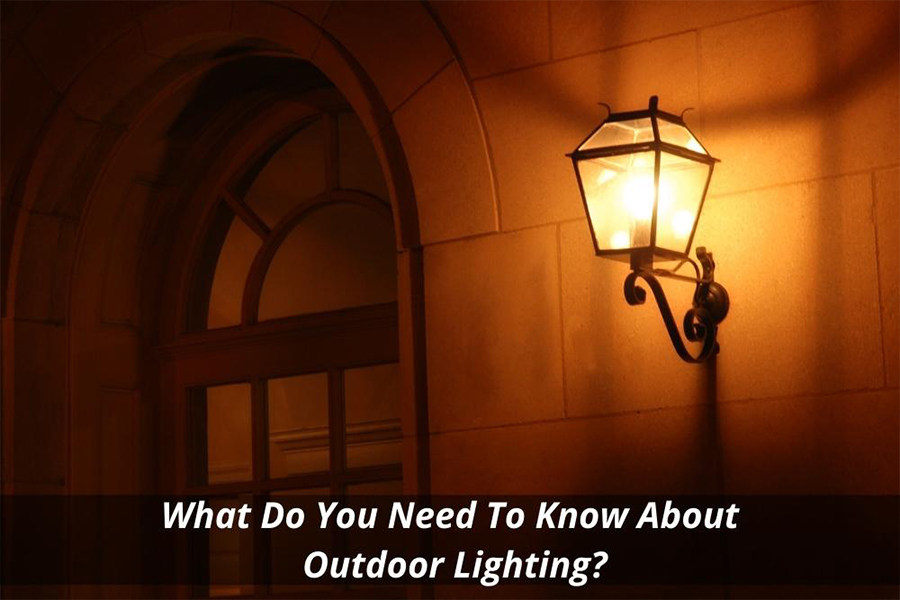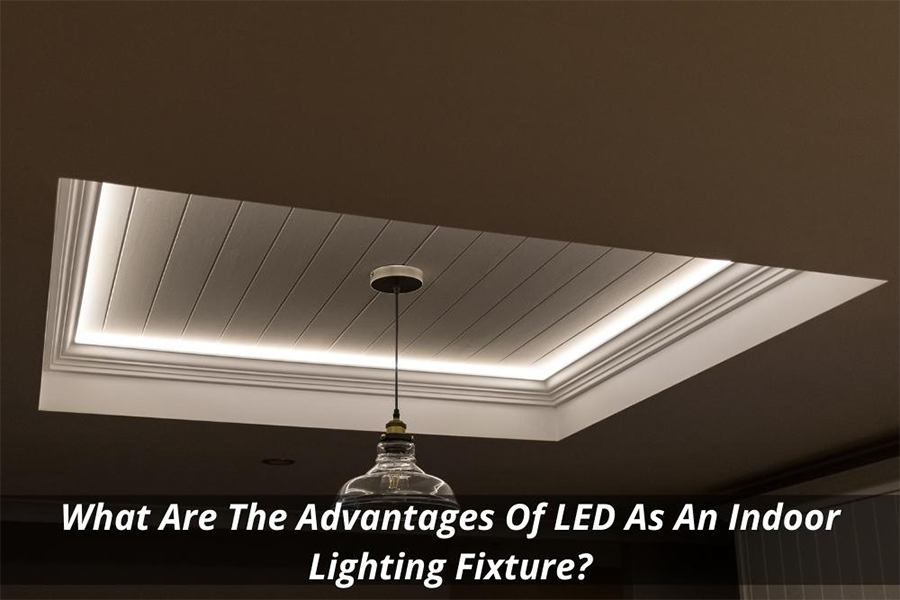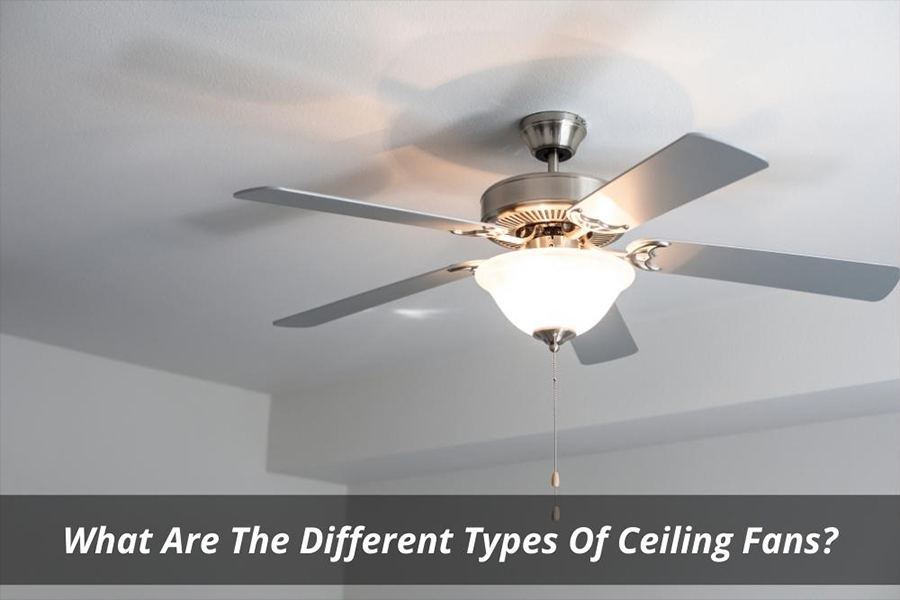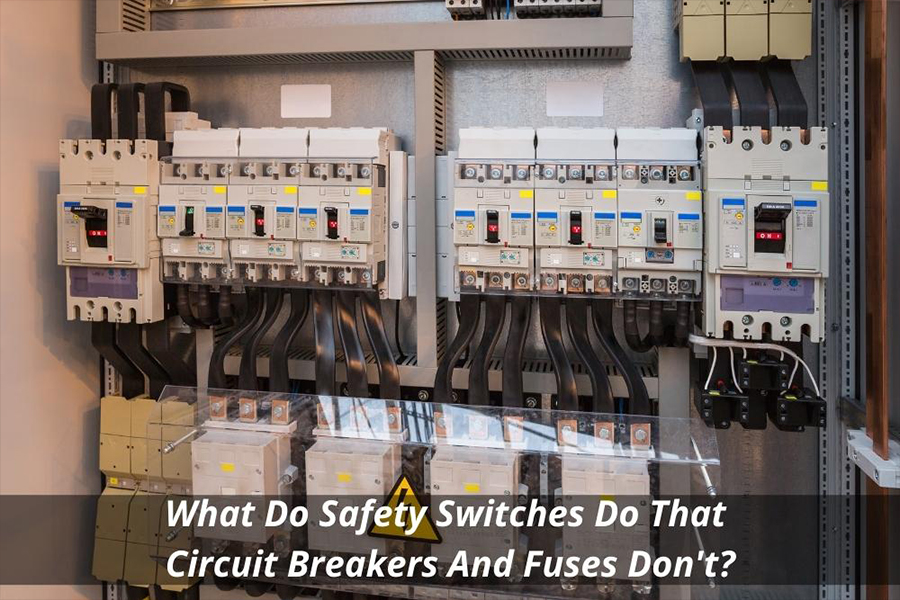When the electricity goes out, your smartphone or laptop might crash. What should you do? Should you need to call a “Local Electrician Sydney? Or “Sydney Electrician”? Let’s find out.
When the power goes off, your electronics will shut down. This means they won’t turn it back on until the electricity comes back on. If you don’t take precautions, you risk losing important data and files.
You can prevent data loss from a power failure by backing up your devices before a blackout occurs. The easiest way to do this is through cloud storage services such as Dropbox or Google Drive. These services automatically upload your documents and photos to their servers, where they can be accessed whenever you want.
You can also use an external hard drive to store your files in case of a power outage. Alternatively, you could buy a portable battery backup device that plugs into any standard outlet. If you have one, plug it in when you leave home so it has enough time to charge itself up.
If you are running low on battery, make sure you keep an extra set of batteries with you at all times. It’s best to carry two sets because if one set runs out, you’ll need to find another source of energy.
It’s also advisable to disconnect computers from the internet. This prevents them from accessing online accounts and social media sites while the power fails.
If you have an older computer, consider upgrading to a newer model. You may not notice a difference between these models, but newer ones tend to have better security features and faster processing speeds. They are also more likely to withstand power surges.
Another option is to invest in an inverter. An inverter converts AC (alternating current) power into DC (direct current). This allows you to use your battery-powered items without having to connect them directly to the wall socket. Inverters are available for many different types of devices including laptops, tablets, smartphones and even lamps.
If you live in a flood zone, you should purchase a surge protector. Surge protectors help reduce damage caused by power surges. A power surge is a sudden burst of high voltage that causes problems with electronic equipment.
A power surge can fry your computer, phone or tablet. To protect your appliances and yourself against power surges, install a surge protector. Surge suppressors come in both desktop and tower form factors.
The most common type of surge protector is a wall wart. Wall warts are small boxes that sit on top of outlets in your house. Most wall warts include a fuse and circuit breaker that protects nearby electronics.
Wall warts aren’t always the safest solution. Some people have reported experiencing issues with wall warts over time. For example, some users report that they start getting constant false alarms after using their wall wart for several years. However, there are other options that offer similar functionality.
One alternative is a surge protector that comes with its own built-in power supply. There are also standalone power supplies that attach to outlets and provide additional protection.
If you don’t have access to a reliable power supply, you might consider buying a UPS (uninterruptible power supply). A UPS provides uninterrupted power for your devices.
UPSes come in three basic configurations: uninterruptible, semi-interruptible and interruptible. Uninterruptible power supplies will continue to function when the main power goes out. Semi-interruptible power supplies shut down when the main power goes off. Interruptible power supplies only operate when the main power is present.
However, if you don’t know what to do you can call an emergency electrician so that they can help you during the power outage.
Tips on how to protect your electronic appliances:
- Keep your appliances well-charged
A fully charged battery can last up to two days without any electricity. If you leave your appliances unplugged for more than 24 hours, they will still function normally.
However, if you leave your appliances plugged in overnight, they may drain their batteries faster. In this case, you may need to charge them again before using them.
- Use surge protectors
Surge protectors are small devices that help reduce the risk of damaging your equipment due to power fluctuations. They come with built-in fuses which automatically disconnect the appliance from the power supply when there is too much voltage.
You can use surge protectors to protect your computer monitors, TV sets, DVD players, VCRs, stereos, and other similar electronic devices.
- Install smoke alarms
Smoke alarms are one of the most effective ways to alert people about fire hazards. They usually consist of a sensor that detects smoke and sends a signal to a loudspeaker. The sound alerts nearby residents and helps them escape safely.
- Turn off your appliances
You can turn off your appliances by flipping the switch located at the back of the device. Make sure that you know where the switch is located so that you won’t forget to flip it.
- Store important documents and files
Make sure you save important documents and files in a location far away from your house. When the power goes out, you will not be able to access those files easily.
- Have a plan
Before the power goes out, make sure that you have a plan for what you will do if the power goes out. For example, you may decide to go to another room in your house or stay inside until the power comes back on.
- Be prepared
Always keep extra batteries, flashlights, candles, matches, and other essential items in your house. This way, you will be ready to deal with emergencies whenever they occur.
- Consider buying an inverter
An inverter converts direct current (DC) into alternating current (AC). It is used to convert DC power generated by solar panels into AC power.
- Invest in quality products
When choosing a product, consider its durability and reliability. Look for high-quality products that are made from materials that are resistant to corrosion and wear.
- Check your appliances regularly
It is advisable to check your devices every month to ensure that they are working correctly. If you notice anything wrong with them, contact an expert immediately.
- Avoid using extension cords
Extension cords are useful for connecting multiple devices together. However, they should only be used as a temporary solution because they can cause serious damage to your appliances.
- Keep your home well ventilated
If you live in a hot climate, you must open windows and doors to let fresh air circulate around your house. You can also install fans to increase ventilation.
- Don’t overload your circuits
Overloading your circuit can lead to overheating and short-circuiting. Overloaded circuits can also result in damaged appliances.
- Use battery backup systems
Battery backup systems are designed to provide an uninterrupted power supply when the main source fails. These systems are available in different sizes and capacities.
- Get rid of old appliances
Old appliances take up valuable space in your house. Therefore, you should get rid of them before the power goes out.
What type of batteries should we keep in case of emergencies?
The following list shows some common types of batteries:
- D C Batteries
D-C batteries are commonly found in portable devices such as cell phones, digital cameras, and laptops.
- Alkaline Batteries
Alkaline batteries are inexpensive and easy to use. They are widely used in radios, clocks, toys, and flashlights.
- Lithium Ion Batteries
Lithium-ion batteries are more expensive than alkaline batteries but last longer. They are used in laptop computers, video game consoles, and cordless tools.
- Nickel Cadmium Batteries
Nickel-cadmium batteries are cheaper than lithium batteries but less durable. They are mainly used in small appliances like remote controls and toys.
- Lead Acid Batteries
Lead acid batteries are the most common type of battery. They are used in vehicles, boats, and lawnmowers.
- Solar Batteries
Solar batteries are rechargeable batteries that generate electricity through sunlight. They are not suitable for power electronics, but they can be used to charge mobile phones and tablets.
- Deep Cycle Batteries
Deep-cycle batteries are used to store energy for long periods of time. They are used to power large equipment like generators and forklifts.
- Supercapacitors
Supercapacitors are similar to capacitors but have higher storage capacity. They are used in hybrid cars and electric bicycles.
- Zinc Air Batteries
Zinc air batteries are very lightweight and compact. They are used in watches, calculators, and hearing aids.
- Zinc Polymer Batteries
Zinc polymer batteries are made from zinc powder mixed with polymers. They are used in medical devices, pacemakers, and another implantable devices.
If you are looking for help you can search for “local electrician Sydney” or “Emergency electrician”. They provide services like installation, repair, maintenance and inspection of all kinds of electrical work and they are highly recommended.


